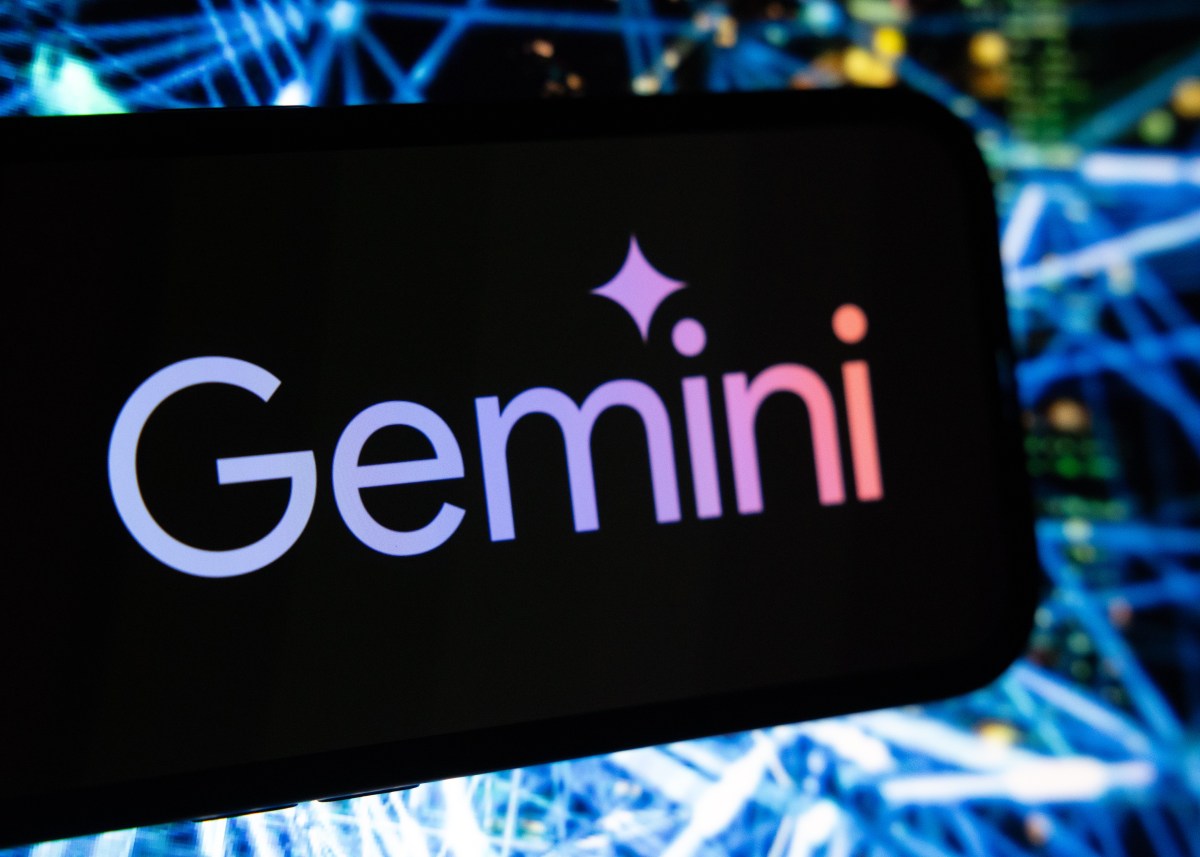Introduction to Google’s Recent AI Model Release
Following the launch of its most advanced AI model to date, Gemini 2.5 Pro, Google has published a technical report detailing the results of its internal safety evaluations. However, experts have noted that the report lacks detailed information, making it challenging to assess the potential risks associated with the model.
The Importance of Technical Reports in AI Development
Technical reports provide valuable insights into a company’s AI development process, including both positive and negative aspects. The AI community views these reports as a crucial effort to support independent research and safety evaluations, promoting transparency and accountability.
Google’s Approach to Safety Reporting
Google’s approach to safety reporting differs from that of its competitors, as it only publishes technical reports once a model has transitioned from the “experimental” stage. Furthermore, the company reserves the findings from its “dangerous capability” evaluations for a separate audit, rather than including them in the initial report.
Expert Feedback on the Gemini 2.5 Pro Report
Several experts have expressed disappointment with the lack of detail in the Gemini 2.5 Pro report, which fails to mention Google’s Frontier Safety Framework (FSF). The FSF was introduced last year as a means of identifying potential AI capabilities that could cause severe harm.
Quotes from Experts
“This report is very sparse, contains minimal information, and was released weeks after the model was made available to the public,” said Peter Wildeford, co-founder of the Institute for AI Policy and Strategy. “It’s impossible to verify if Google is living up to its public commitments and thus impossible to assess the safety and security of their models.”
Thomas Woodside, co-founder of the Secure AI Project, noted that while he appreciates Google’s effort to release a report, he remains unconvinced about the company’s commitment to delivering timely supplemental safety evaluations. Woodside pointed out that the last time Google published the results of dangerous capability tests was in June 2024, for a model announced in February of the same year.
Lack of Transparency in AI Development
Google has not released a report for Gemini 2.5 Flash, a smaller and more efficient model announced recently. A spokesperson stated that a report for Flash is “coming soon.” This lack of transparency has raised concerns among experts, who emphasize the need for more frequent and detailed updates on AI safety evaluations.
Industry-Wide Lack of Transparency
Google is not the only company facing criticism for its approach to AI safety reporting. Meta released a similarly sparse safety evaluation for its new Llama 4 open models, and OpenAI opted not to publish any report for its GPT-4.1 series. This trend has raised concerns about the lack of transparency in the AI development process.
Regulatory Commitments
Google’s lack of transparency in AI safety reporting is particularly concerning given its previous commitments to regulators. Two years ago, the company assured the U.S. government that it would publish safety reports for all “significant” public AI models “within scope.” Google has made similar commitments to other countries, pledging to “provide public transparency” around AI products.
Consequences of Inadequate Safety Reporting
Kevin Bankston, a senior adviser on AI governance at the Center for Democracy and Technology, described the trend of sporadic and vague reports as a “race to the bottom” on AI safety. “Combined with reports that competing labs like OpenAI have shaved their safety testing time before release from months to days, this meager documentation for Google’s top AI model tells a troubling story of a race to the bottom on AI safety and transparency as companies rush their models to market,” he said.
Conclusion
Google has stated that it conducts safety testing and “adversarial red teaming” for models ahead of release, although these efforts are not detailed in its technical reports. The company’s approach to AI safety reporting has raised concerns among experts and regulators, highlighting the need for greater transparency and accountability in the development of AI models.
Source Link





